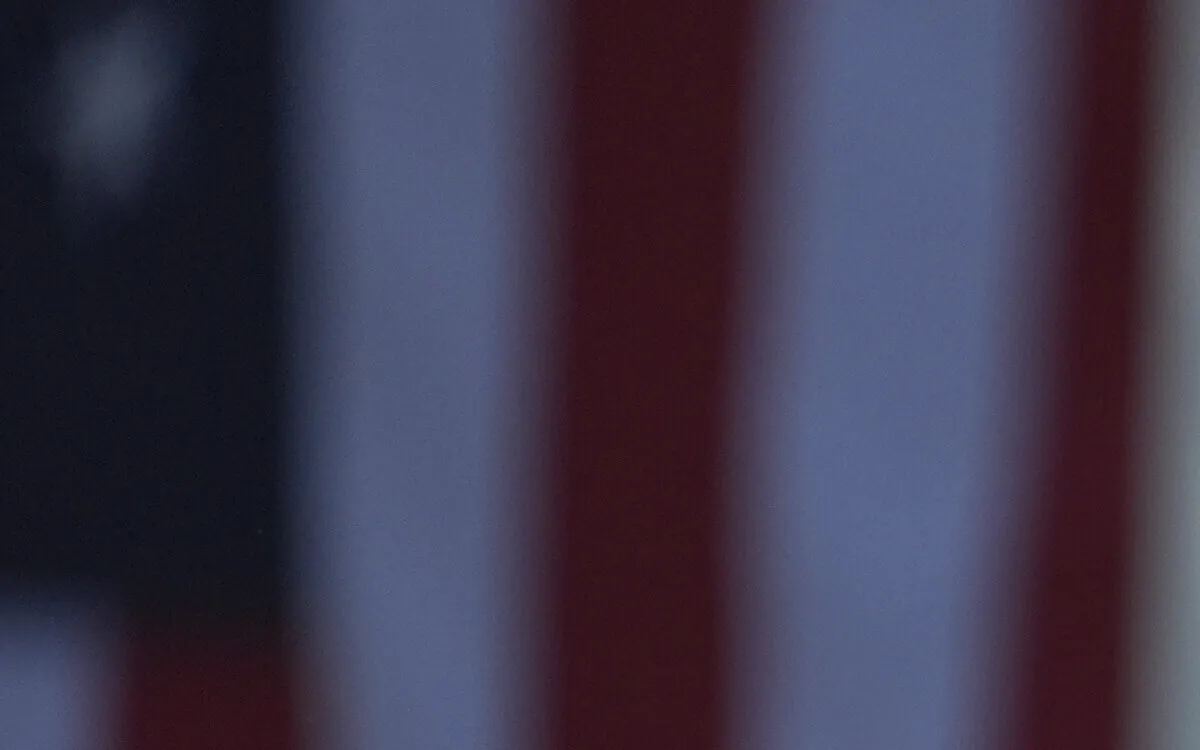
On Monday, President Donald Trump enacted a significant law aimed at criminalizing the distribution of nonconsensual intimate imagery, which includes AI-generated deepfakes and revenge porn. The historic signing ceremony took place in the Rose Garden, attended by various cabinet officials and lawmakers, marking a pivotal policy achievement for First Lady Melania Trump. She has been a staunch advocate for the Take It Down Act as part of her revitalized Be Best initiative.
During the ceremony, Melania Trump emphasized the importance of protecting children, stating, “Today, through the Take It Down Act, we affirm that the well-being of our children is central to the future of our families and America.” In a symbolic gesture, she also signed an executive order related to the legislation.
The Take It Down Act received overwhelming bipartisan support, passing the House with a vote of 409–2 in April after unanimously clearing the Senate in February. Under this new law, individuals who distribute intimate images without consent will face federal criminal penalties. Moreover, the legislation mandates that social media companies must promptly remove such content when alerted and empowers the Federal Trade Commission to enforce these regulations.
This law comes at a time of increasing anxiety regarding the weaponization of artificial intelligence to produce realistic yet fake sexual content, often targeting women and public figures. The bill was co-sponsored by Senators Ted Cruz (R-Texas) and Amy Klobuchar (D-Minnesota), both of whom attended the signing ceremony. Lawmakers from both parties have described this legislation as a long-overdue measure to protect individuals from online abuse.
“The Take It Down Act is an historic win for victims of revenge porn and deepfake image abuse,” Cruz stated in a press release on Monday. He further noted that "predators who weaponize new technology to post this exploitative filth will now rightfully face criminal consequences, and Big Tech will no longer be allowed to turn a blind eye to the spread of this vile material.”
The Take It Down Act represents one of the most prominent tech laws signed during Trump’s second term, illustrating a rare instance of bipartisan cooperation in overcoming Congressional gridlock. While the bill has garnered support from various industry and victim advocacy groups, some digital rights organizations have expressed concerns regarding potential infringements on privacy and free speech.
Melania Trump addressed the growing issue of nonconsensual imagery by stating, “With the rise of AI image generation, countless women have been harassed with deepfakes and other explicit images distributed against their will. This is wrong, so horribly wrong, and it’s a very abusive situation.”
The signing of the Take It Down Act marks a critical step in the fight against digital exploitation and sets a precedent for future legislation aimed at safeguarding individuals in the online space. As society navigates the complexities of technology, this law highlights the need for ongoing discussions about the intersection of digital rights, privacy, and protection from abuse.